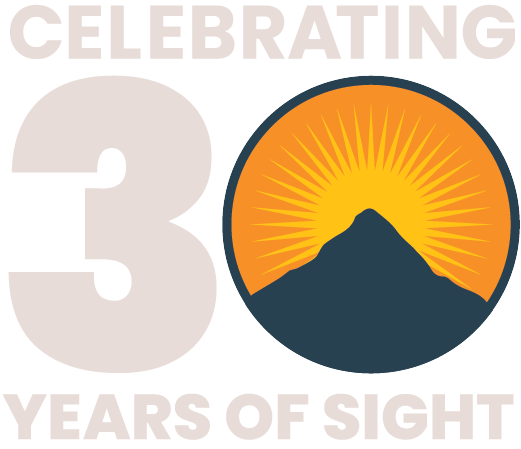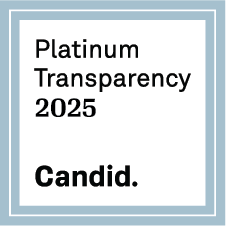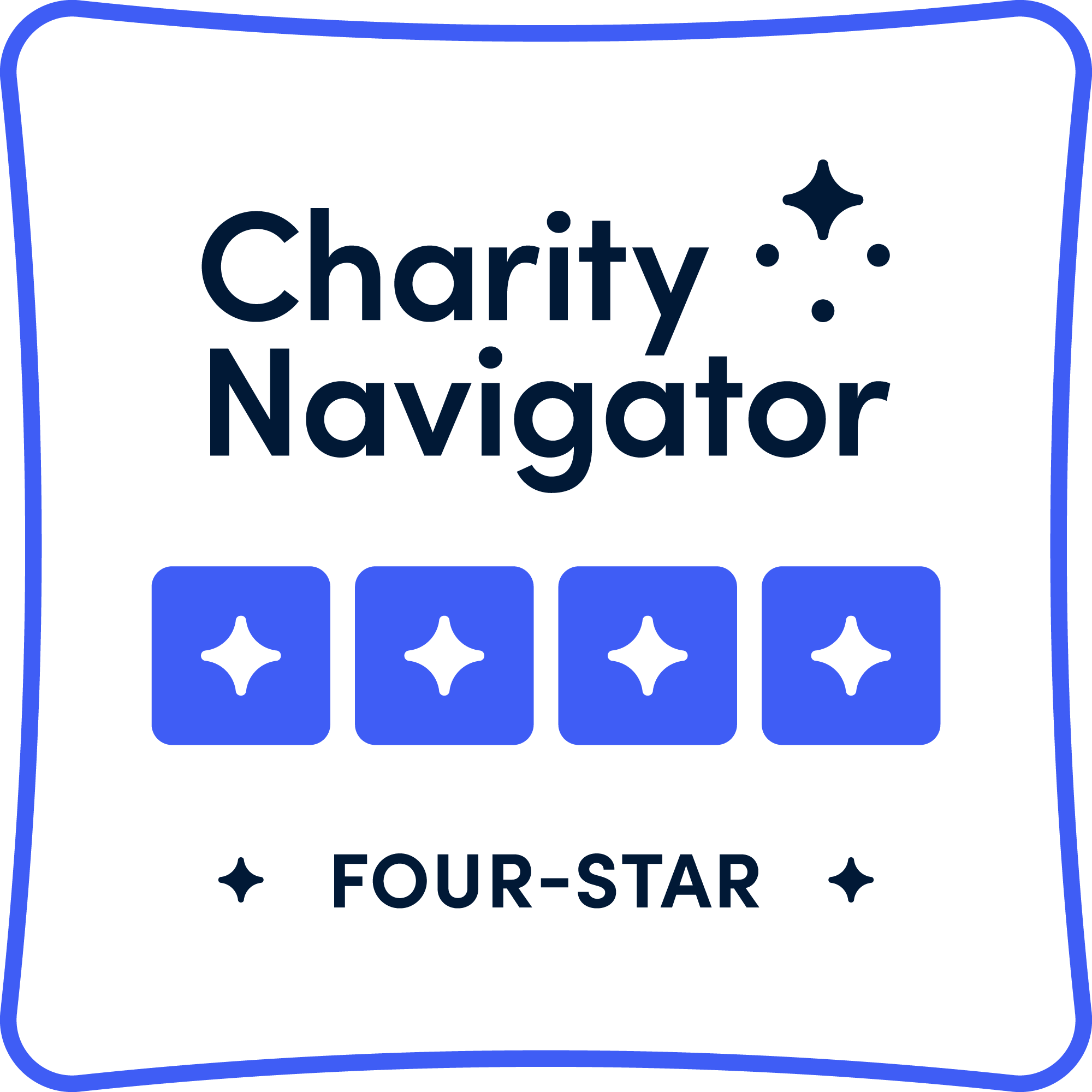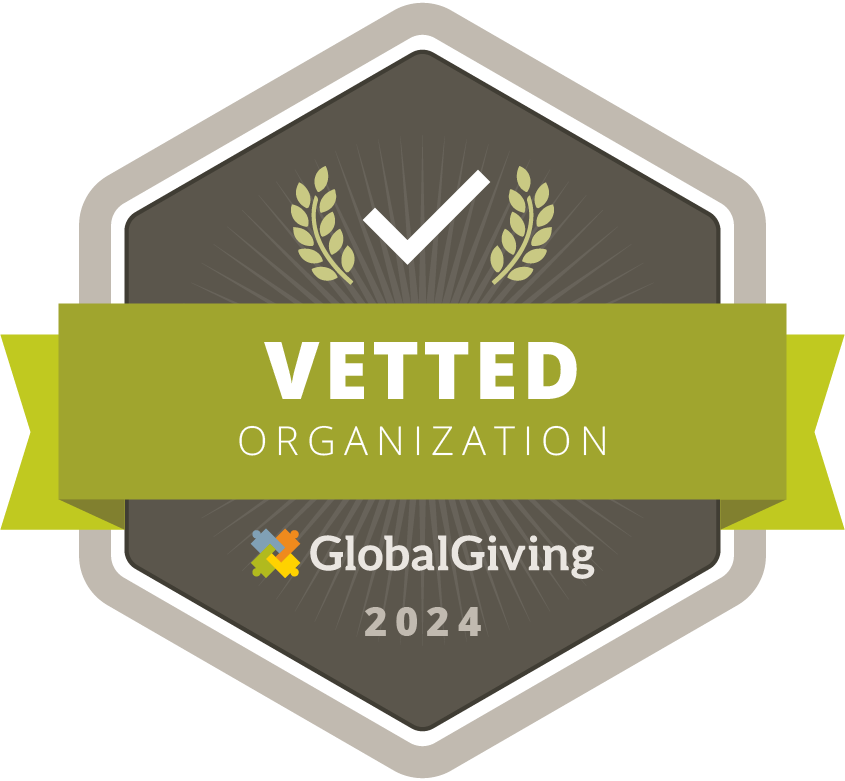30 years, 30 countries, 1.8 million surgeries
In 2024, what began as the Himalayan Cataract Project became Cure Blindness Project. This rebranding marks a strategic evolution to better encompass our expanded geographical footprint and our unwavering commitment to eliminating avoidable blindness worldwide, whatever its cause.
At its heart, Cure Blindness Project is more than statistics on cataract surgeries, the number of eye care professionals we’ve trained, or the amount of equipment we’ve procured for clinics and hospitals. Our work tells the story of millions of lives—individuals, families, communities—restored through cataract surgery and quality eye care. It’s the story of the thousands of eye care professionals serving in areas where once there were only a few or even none. It’s the story of eye care centers making access to care possible for people in low resource and remote communities. We are proud of our accomplishments, but we are most proud of the partnerships we have formed and the friendships that have made our work possible.
Timeline of Cure Blindness Project Impact
1995
Founding of HCP: 3,039 surgeries
1995
Nepal
With a mission to cure needless blindness with highest quality care at lowest cost, Drs. Tabin and Ruit established the Himalayan Cataract Project (HCP) in support of Dr. Ruit’s Tilganga Eye Clinic, started a year earlier in Kathmandu, Nepal.
1995-2000
Nepal
Five eye surgeons receive specialty training during international fellowships. As the first eye specialists in the country, they all become master trainers at Tilganga
1996
Tibet
Dr. Ruit completes the first modern cataract surgery in Tibet. A year later, HCP trains Tibetan eye surgeons on the procedure.
1999
Bhutan
Dr. Kunzang Getshen, the sole trained ophthalmologist in his country, invites Dr. Tabin to the kingdom of Bhutan, hoping to replicate the tangible success in reducing the rate of blindness in Nepal.
1999
China
The Lhasa Institute of Eye Care opens.
2000
Bhutan
Mark Daniell pledges pivotal investment to expand HCP’s work into Bhutan.
2000
Bhutan
Partnership formed with the Royal Government of Bhutan to support training, equipment, and eye care programs.
2003
Nepal
USAID’s ASHA (American Schools and Hospitals Abroad) support begins for construction and equipment at the Tilganga Institute.
2003
Nepal
Tilganga begins the first world-class ophthalmology residency program in Nepal.
2004
India
Jamgon Kongtrul Eye Centre established in Kalimpong to provide care for patients in the district and training to surgeons from West Bengal, Uttar Pradesh, and Jammu Kashmir.
2005
Utah
Dr. Tabin transitions to the Moran Eye Center in Utah where he links the residency programs of Tilganga and Moran. Residents share cases and spend time at both centers. From this model, other international eye centers welcome physician trainers and trainees.
2005
10 Years: 84,566 Surgeries
2006
Recognition
Dr. Sanduk Ruit awarded the Magsaysay Award for Peace and International Understanding.
2006
Resource
Drs. Ruit and Tabin develop a resource manual for training eye surgeons around the globe. Published by American Public Health Association, Fighting Global Blindness shares the effective and practical methods learned from building replicable training models for overcoming needless cataract blindness.
2006
Ghana
HCP establishes partnerships with in-country hospitals and clinics.
2007
Support
Helping secure its long-term stability, HCP endowment established with a major gift from the Jane Westervelt Charitable Trust.
2008
Ethiopia
Work begins with first partners in Ethiopia.
2008
Nepal
The Hetauda Community Eye Hospital in Makawanpur district is established with support from HCP. Hetauda is part of Tilganga’s network of community eye hospitals that bring care closer to those who need it most.
2007-2011
Africa
In collaboration with the Millennium Villages Project and Jeffrey Sachs of the Earth Institute, HCP oversees eye care interventions for approximately 60,000 people in 12 villages across 10 countries in Africa. HCP launches throughout the continent, proving that community-based screening and high-volume outreaches could be successful in treating cataract blindness in sub-Saharan Africa.
2009
Rwanda
As part of the Millennium Villages Project, Dr. Tabin expands work into Rwanda with micro-surgical and screening campaigns.
2009
Nepal
Inaugural opening of the expansion of Tilganga Institute of Ophthalmology with support from USAID’s ASHA funds.
2009
Recognition
Dr. Tabin receives the Unsung Heroes of Compassion Award by the Dalai Lama.
2009
Support
Adding to essential endowment funds, HCP receives a generous bequest from Eugene Charlop.
2010
15 Years: 207,198 Surgeries
2010
Partnership
HCP begins working with SightLife in Nepal to strengthen the Nepal Eye Bank and in 2011, partners with the Eye Bank of Ethiopia.
2011
Procurement
HCP Technology and Procurement program established. Since inception, this program has procured over $23.4 million worth of ophthalmic equipment and supplies to partners in 56 countries.
2011
South Sudan
First outreach to South Sudan in coordination with Johnny Dau of the Lost Boys. HCP led a second surgical intervention in the country in 2019.
2011
Nepal
The Refractive Surgery Unit at Tilganga is inaugurated and proves that an effective revenue-generating model can support community eye care systems. This project was executed in partnership with London Vision Clinic, supported by USAID-ASHA funds, and championed by Dr. Dan Reinstein.
2011
Journey
The award-winning documentary Out of Darkness follows Drs. Tabin and Ruit on a four-day trek to a remote village in Nepal to restore sight to villagers who live there.
2012
Indonesia
First training and workshop in coordination with Indonesia ophthalmologists training at Tilganga.
2013
Journey
The journey of Dr. Ruit and Dr. Tabin is charted in a biographical book by David Oliver Relin, Second Suns: Two Trailblazing Doctors and Their Quest to Cure Blindness.
2013
Recognition
Tilganga receives the Antonio Champalimaud Vision Award—considered the “Nobel Prize for Vision”—for adapting a system of high-quality, high-volume, low-cost cataract care to the most inaccessible regions of the Himalayas.
2014
Ghana
Opening of the facilities expansion at the Eye Centre at Komfo Anokye Teaching Hospital, Ghana.
2015
20 Years: 527,812 Surgeries
More than doubled in 5 years what had taken 15 years to accomplish!
2015
Nepal
Tilganga coordinates relief effort to provide food, medicine, and emergency supplies to rural villages hit hardest by a devastating earthquake.
2016
Africa
Number of eye care partnerships in sub- Saharan Africa reaches 10 in Ethiopia and three in Ghana.
2016
Recognition
Dr. Ruit receives Asia Society Game Changer Award at UN for his transformative impact on the future of Asia.
2017
Recognition
HCP named a semi-finalist for the 100&Change MacArthur Foundation Prize for who can best change life on earth.
2017
California
Dr. Tabin transfers to Stanford’s Byers Institute in California where he establishes an additional location for education exchange opportunities.
2017
Ghana
National Cataract Outreach Program (NCOP) established in Ghana, partnering with Ghana’s National Health Services to eliminate needless blindness in the country.
2018
Journey
The extraordinary life of Dr. Sanduk Ruit is chronicled in the new biography, The Barefoot Surgeon.
2019
Bhutan
Gyalyum Kesang Choeden Wangchuck National Eye Centre, a 27,000 square-foot clinical training facility is inaugurated in Bhutan with support from HCP, Wen Giving Foundation, and Tilganga.
2019
Eritrea
HCP’s first outreach in Eritrea.
2019
Recognition
The Ophthalmologist Magazine names Drs. Ruit and Tabin as Champions of Change on their 2019 Power List.
2020
25 Years: Over 1,000,000 Surgeries
2020
Milestone
1 millionth surgery / 25 years of changing the arc of global blindness.
2020
Ethiopia
HCP breaks ground on the Bahir Dar Specialty Eye Center.
2020
Recognition
Pulitzer-prize winning NYTimes columnist, Nicolas Kristof selects HCP for the Holiday Impact Prize.
2021
Recognition
Drs. Tabin and Ruit receive the Chang-Crandall Humanitarian Award from the ASCRS Foundation.
2023
Journey
HCP Cureblindness acquires SightLife International.
2024
Journey
HCP Cureblindness rebrands as Cure Blindness Project to mark a strategic evolution to better encompass our expanded geographical footprint and our unwavering commitment to eliminating avoidable blindness worldwide, whatever its cause.
2024
Milestone
Cure Blindness Project announces it is expanding work in 6 new countries: Burundi, Democratic Republic of the Congo, Liberia, Pakistan, Paraguay, and Zambia
Looking to the Future
Together, we will scale our work to reach even more people in the most remote places of the world with life-transforming eye care. We will provide access to training opportunities for all levels of ophthalmic personnel, building national eye care systems in low-resource countries. We will provide more equipment to growing eye care facilities, and build additional eye centers to serve people with little access to eye care.















